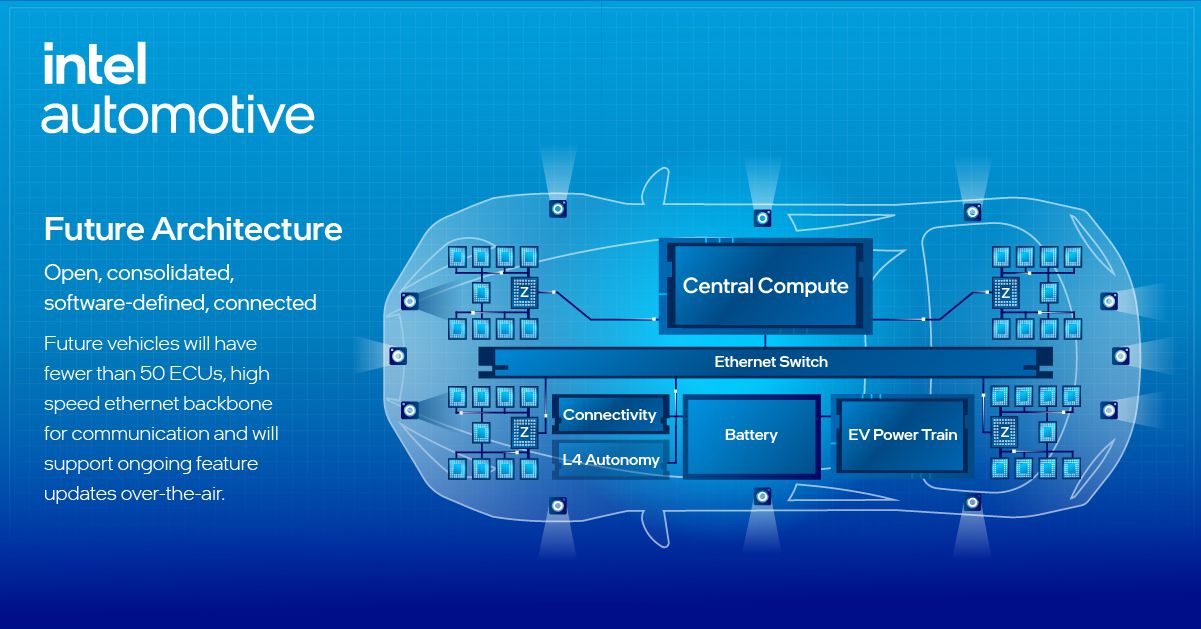At the Consumer Electronics Show (CES) in Las Vegas, leading U.S. chipmaker Intel unveiled its plans to introduce a specialized AI-centric chip tailored for the automotive industry. This cutting-edge technology is dubbed as the “first-generation AI-enhanced software-defined vehicle system-on-chip (SoC).” The primary aim of this innovation is to fuel advanced AI functionalities within automobiles.
Jack Weast, Intel Automotive’s Vice President and General Manager, emphasized the transformative potential of these SoCs. They are envisioned to elevate driving experiences by integrating AI-driven features like smart navigation, voice-activated assistants, vehicle management systems, and even entertainment options like video conferencing and gaming within vehicles. Weast further elaborated on Intel’s holistic strategy, highlighting their commitment to address key industry challenges by leveraging AI across the entire vehicle ecosystem, facilitating a smoother transition to electric vehicles (EVs).
Beyond enhancing user experience, Intel’s new SoCs prioritize safety, offering capabilities to monitor passengers and drivers for potential risky behaviors, such as ensuring seatbelt usage among rear-seat occupants. Interestingly, vehicles equipped with these chips will receive feature updates via over-the-air software upgrades, mirroring the update mechanism commonly seen in smartphones, rather than necessitating hardware modifications.
Highlighting the industry’s receptivity to this innovation, Intel disclosed its inaugural buyer for the AI-focused chips: Zeekr, a Chinese electric vehicle subsidiary of Geely. Zeekr intends to leverage these SoCs to craft a more immersive onboard experience for users. Enthusiasts can anticipate witnessing the debut of the first Zeekr vehicle integrated with Intel’s AI technology later this year. Moreover, Intel revealed ongoing discussions with multiple automakers, although specific names were not disclosed beyond the partnership with Zeekr.
In a similar vein, CES witnessed several other technology conglomerates making significant strides in AI-infused automotive solutions. Notably, Qualcomm, another prominent chip manufacturer, unveiled a collaboration with Bosch, a renowned German automotive parts supplier, to introduce a groundbreaking central vehicle computer. This innovative system-on-chip aims to amalgamate infotainment and advanced driver assistance functionalities seamlessly.
Furthermore, software enterprise Cerence forged a strategic alliance with Volkswagen, a prominent German automaker, to conceptualize an AI-powered in-vehicle voice assistant. This voice assistant, named “Cerence Chat Pro,” harnesses ChatGPT technology to offer an intuitive and interactive user experience, signaling the industry’s collective push towards AI-driven automotive innovations.









